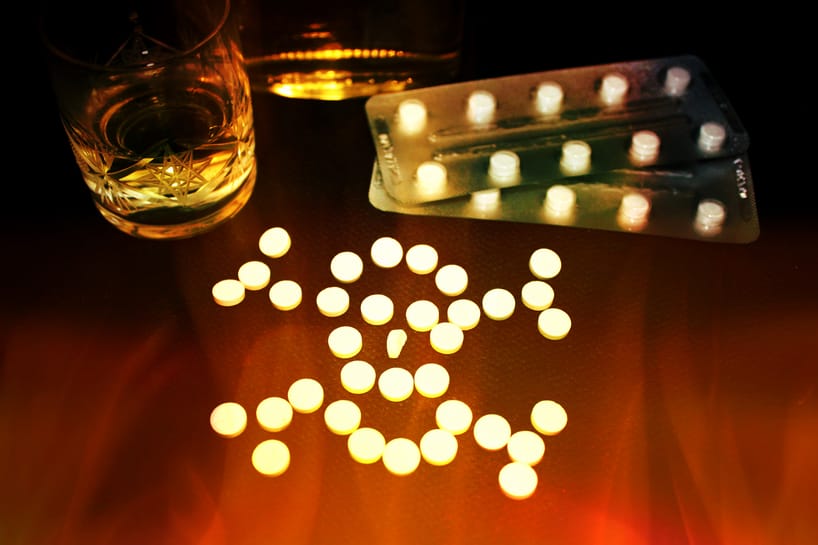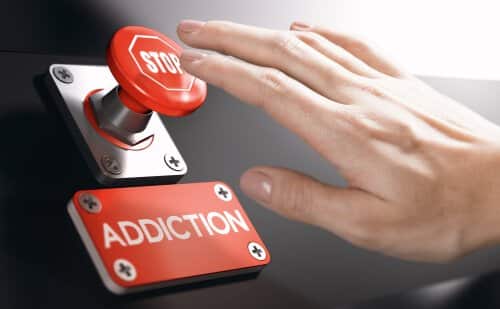Withdrawal Management Program

Drug withdrawal is a severe state caused when individuals stop or dramatically reduce their usage on which they were heavily dependent for several weeks, months or years. The sudden withdrawal may result in symptoms that are difficult, severe or even can be life-threatening. The severity of withdrawal symptoms may also depend on its level of dependence. The person is at high risk if he tries to make it through withdrawal alone or by himself. It is advisable to seek help from Rehab Center or physician when it comes to the withdrawal management program.
You can ask for help for withdrawal management
Since every individual’s addiction varies it is advisable to take help from medical experts. That makes the medication for withdrawal more effective, safe and also personalized. A medical care focuses on individual requirement and thus designs the specific plan for every individual. Some medications which are useful in the addiction treatment are accessible to medical experts only. They can prescribe you this medication and help you come out of the situation.
If you are consuming drugs for a long time then you may develop resistance against side effects of the drugs. But suddenly stopping them can lead you to various side effects.
Like for instance, Effects of Opiate withdrawal would occur initially in two stages.
Stage one would have symptoms like
· Anxiety
· Restlessness
· Excessive sweating
· Running nose
· Yawning excessively
· Muscle ache
· Tearing eyes
· Sleeplessness
Stage two would have symptoms like
· Palpitation
· Nausea and Vomiting
· Cramps in abdomen
· Dilated pupils
· Diarrhea
Long-term symptoms have effects that are less physical in nature and individual may go through emotional or behavioral issues.
Effects of Alcohol withdrawal symptoms would include
· Nausea
· Tremors
· Insomnia,
· Vomiting,
· Hypertension
· Sweating,
· Tachycardia
· Seizures
· Agitation,
· Hallucinations
· Delirium
Benzodiazepines can reduce the effect of such alcohol withdrawal symptoms. Librium and Valium are two such benzos that help with withdrawal.
Individuals with mild symptoms would take home remedies like drinking a lot of water, fluids, and electrolyte in this process so that to avoid getting dehydrated. Using correct doses of counter medications and vitamins with acupuncture is also useful.
Stay Busy
You can occupy your mind with different things. Do not sit ideal. Engage yourself in some or the other work. People often meet other people, who are suffering from such condition and they talk out when they feel the urge to consume drugs.
We understand that it’s just not at all easy to go through the withdrawal process.
By overcoming its dependence slowly and steadily, you can head to a healthier and happier life ahead.
Related Articles




